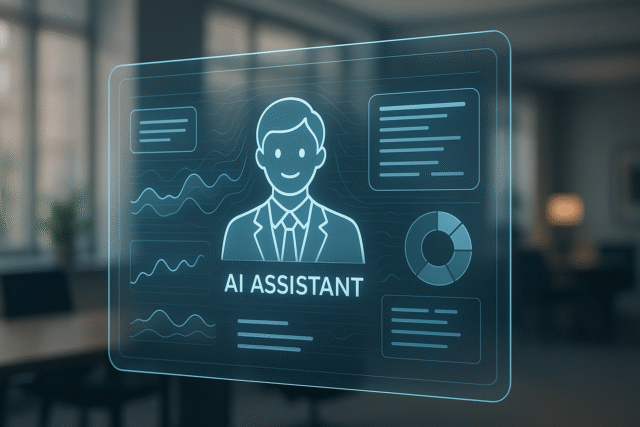
The AI assistant market is projected to grow from $3.35 billion this year to $21.11 billion by 2030, according to Indian research firm MarketsandMarkets.
This represents a compound annual growth rate of 44.5 percent, with North America forecast to have the largest share during that five year period.
SEE ALSO: Some employees feel so pressured to use AI, they’re pretending they are
Much of this growth is down to the growing demand for role-specific assistants, as well as improved transparency in AI outputs, and the wider adoption of generative AI for tasks like writing and software development.
AI assistants in HR, finance, sales, and software engineering are driving a large portion of this predicted growth. Firms including Salesforce with Einstein Copilot, Microsoft with Copilot for M365, and Adobe with Firefly in Creative Cloud are adding these abilities to their platforms to improve workflow integration and process automation.
Regulatory requirements for AI accountability are also influencing purchasing decisions. With rules such as the EU AI Act and proposed US guidance, organizations are adopting assistants that include explainable reasoning, traceable outputs, and audit functions. This is of most importance in highly regulated sectors, such as healthcare and finance, where compliance and transparency are essential.
Purchasing choices in the enterprise market are being shaped by customization and explainability.
Generative AI is expected to be the most widely used application type, particularly in content creation. AI writing assistants are in use across marketing, publishing, education, and corporate communications. The best known examples here include Grammarly, Jasper, and Copy.ai, which are applied for automating content creation, editing, and localization.
Functions such as tone adjustment, multilingual output, and real-time suggestions are being added into high-volume content workflows. Integration into productivity tools such as Notion AI and Microsoft Copilot allow these functions to be used directly within existing systems.
AI assistants for productivity
Developer productivity assistants are also expected to see strong growth, MarketsandMarkets reports. The likes of GitHub Copilot, Amazon CodeWhisperer, and Tabnine offer real-time code suggestions, automated documentation, and debugging assistance, helping to reduce repetitive work, shorten development timelines, and support developers at all levels.
North America is expected to remain the largest market in 2025, supported by established cloud infrastructure, early use of generative AI tools, and a workforce with a high proportion of knowledge-based roles.
Enterprises in the US are mostly using AI assistants for tasks such as real-time content creation and scheduling. Investment in workplace AI tools and regulatory clarity around responsible AI are also influencing adoption.
Key players in the AI assistant market include Microsoft, Google, Salesforce, SAP, Oracle, Adobe, Dropbox, AWS, Cisco, and ServiceNow.
What do you think about the growth of the AI assistant market? Let us know in the comments.



